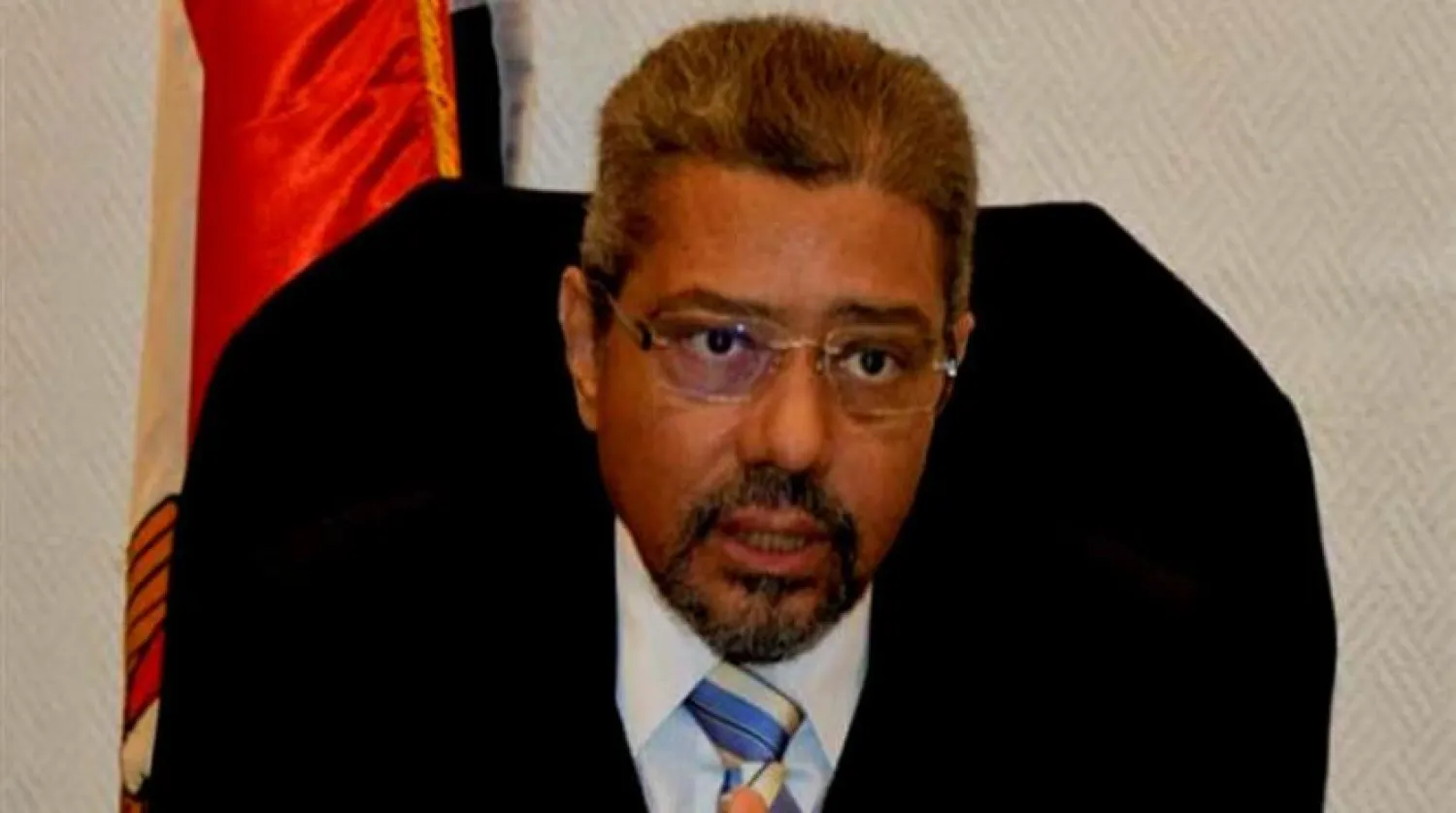Engineer Ibrahim al-Arabi, Vice President of the Islamic Chamber of Commerce, Industry, and Agriculture (ICCIA), called for economic integration among Islamic countries.
He told the ICCIA that this integration would allow countries to overcome challenges in the global economy and have access to the regional and global markets.
The ICCIA had convened for two days in Saudi Arabia.
Arabi, who is also president of the Federation of Egyptian Chambers, said the global economy has faced many challenges during the past few years and was affected by the negative economic impacts of the coronavirus pandemic.
Global markets are also currently witnessing a major downturn in supply chain and logistics, he remarked, noting that the “only way to overcome this critical phase is through cooperation and integration of the relative advantages of the Islamic countries”
“The integration of our multiple relative advantages for production and manufacturing to enter regional and global markets is the mean to develop our commodity and service exports,” he stressed.
He pointed to the possibility of benefiting from the free trade zones available to Egyptian industries that allow Egyptian products to enter the markets of all global economic blocs without customs duties or quotas.
He called on ICCIA member states to participate in the economic renaissance movement Cairo is currently experiencing.
Arabi affirmed his commitment to harness all the capacities of the Federation of Egyptian Chambers to provide training sessions in the Egyptian and Arab trade academies to support the development of the commercial and Islamic community.
The Federation of Egyptian Chambers organized a series of meetings for economic delegations from many Arab countries, including the delegations of the Jordanian Chambers of Commerce and Industry and a delegation from the Omani Chambers of Commerce and Industry, he told Asharq Al-Awsat in an inclusive interview over the phone.
During the meetings, the Federation presented all joint investment opportunities in the Suez Canal region and a group of joint projects to invest in African markets.
Participants discussed all opportunities for bilateral and multilateral economic cooperation in commercial and infrastructure projects in African markets.
They further tackled all opportunities for cooperation in value-added trade projects and the introduction of transformative materials on raw materials that are exported from African markets to the markets of major economic blocs, such as the European Union countries.
This step would help transform the industrial and free trade zones in Egypt into a manufacturing and exporting hub for global markets, Arabi added.









